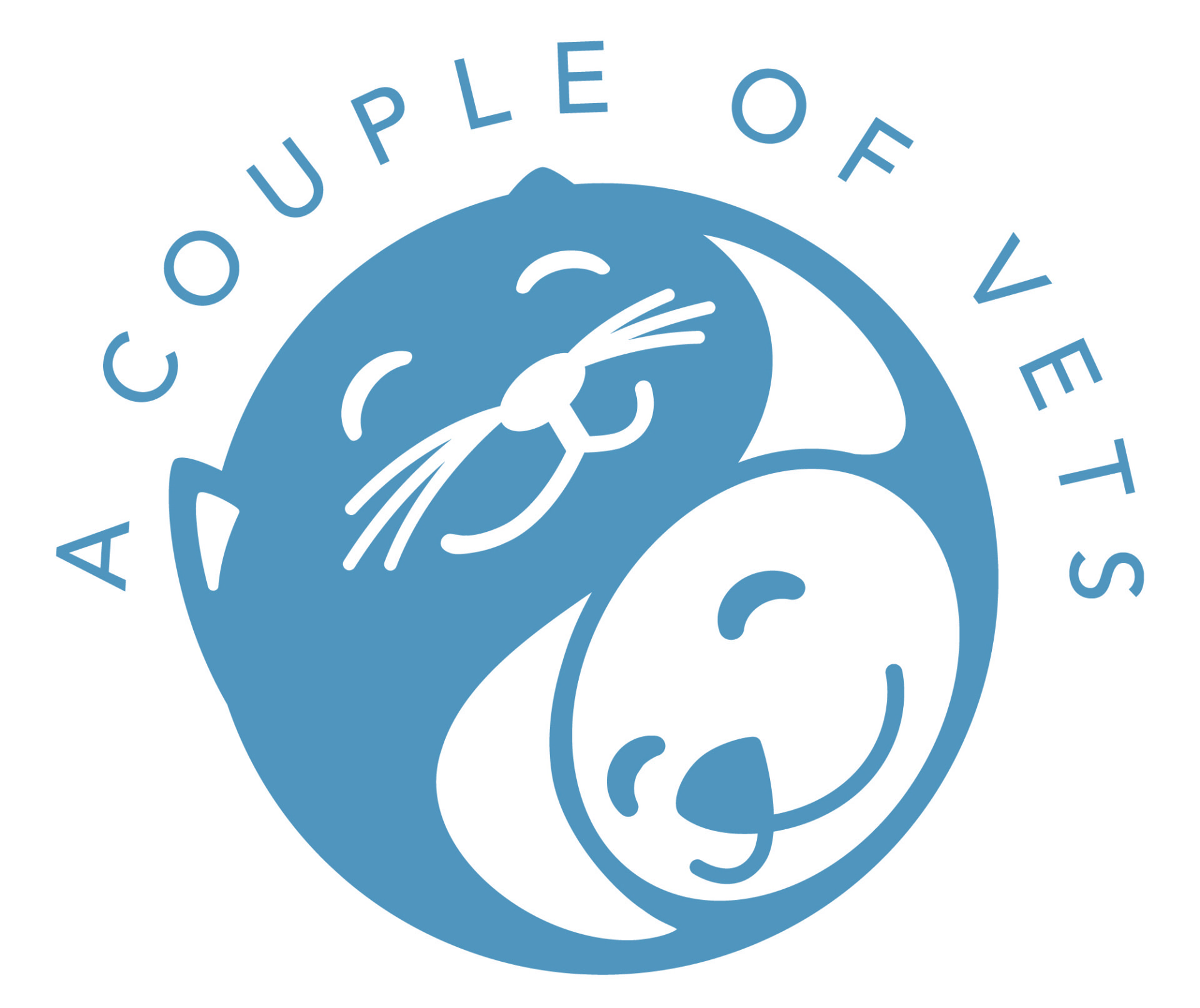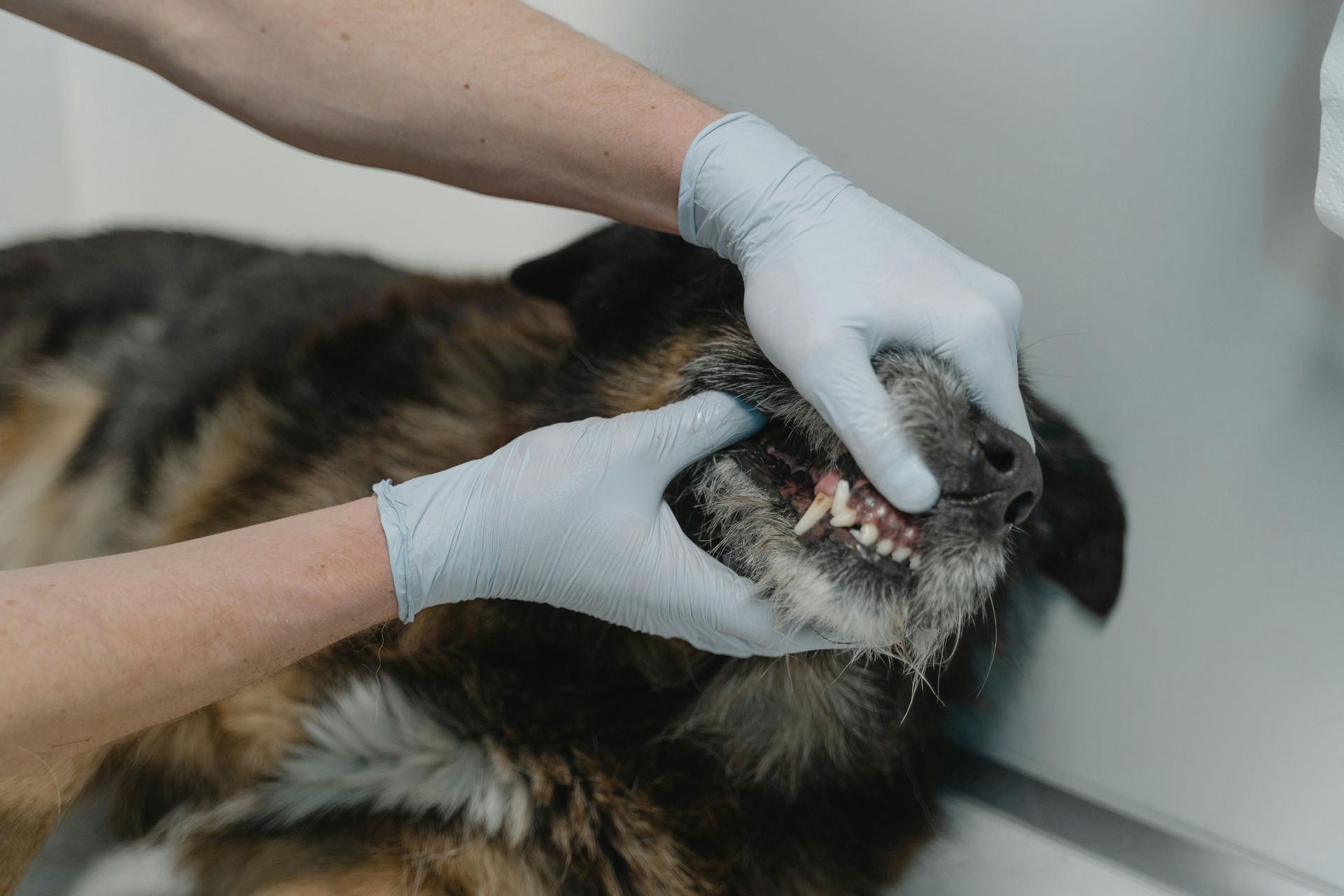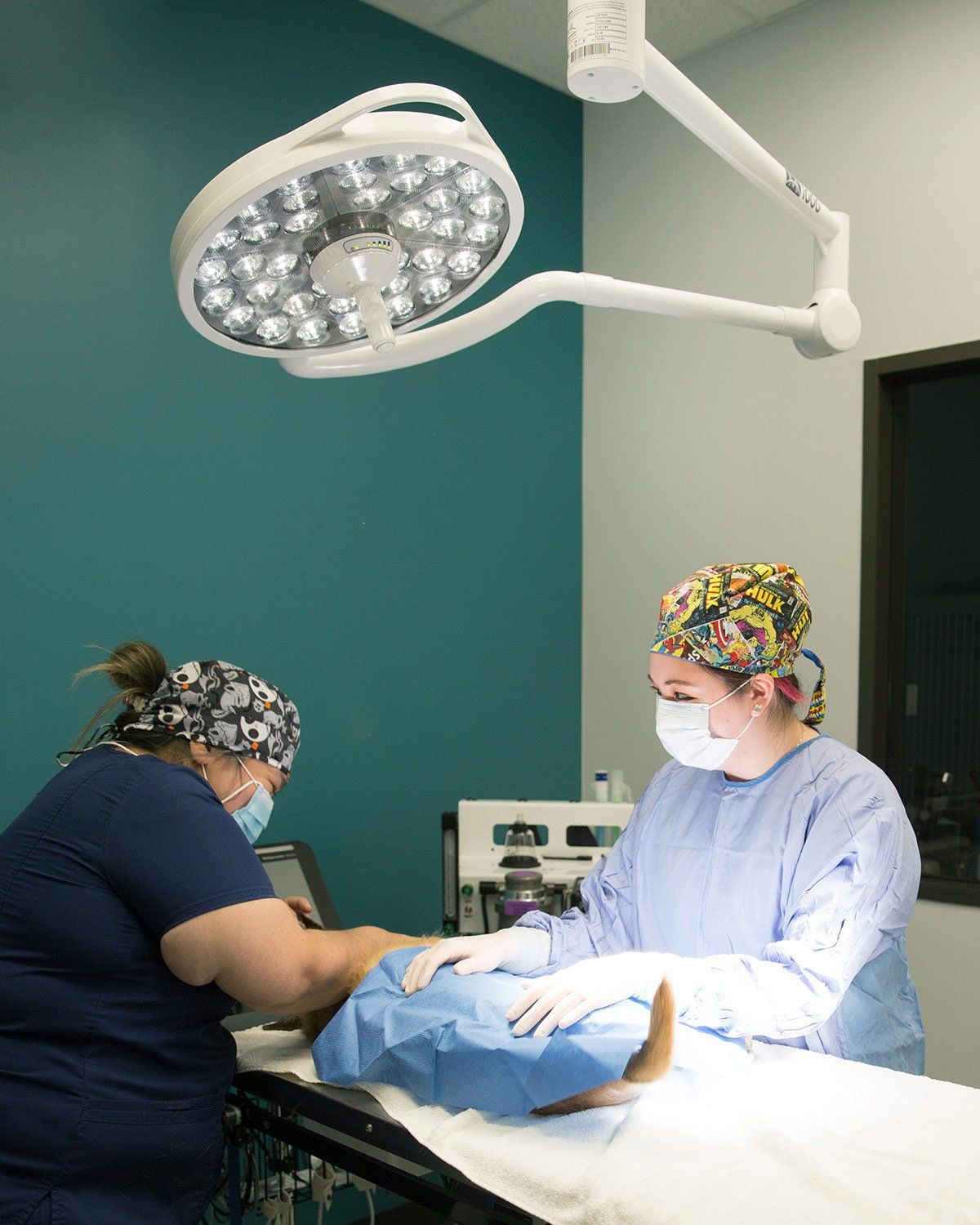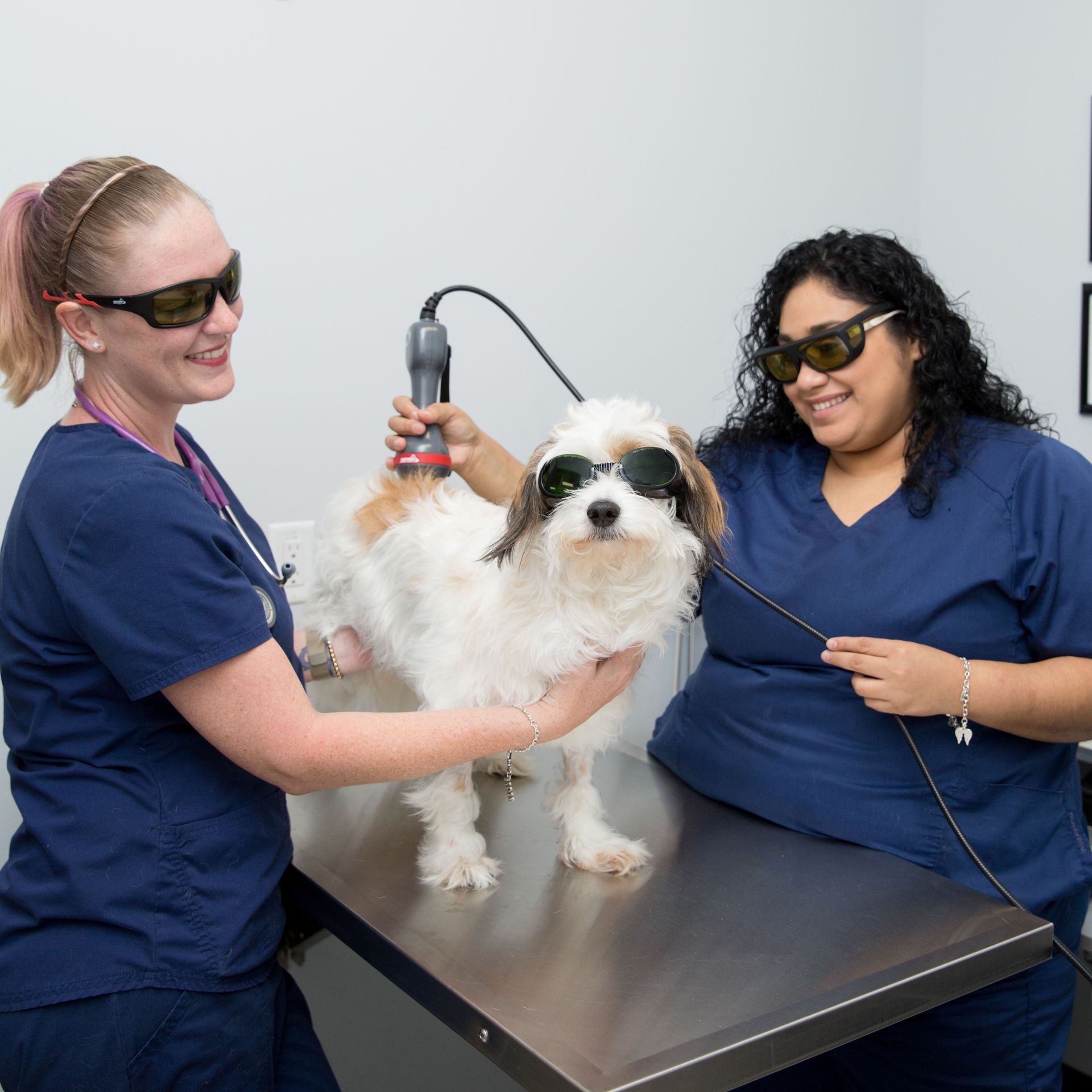Most Common Seasonal Toxins for Cats and Dogs
Keep Your Pets Safe From Spring and Summertime Toxins
Spring and summer bring warmer weather, blooming plants, and more outdoor time for our furry family members. While this season can be joyful, it also comes with increased risks of exposure to seasonal toxins. At A Couple of Vets, we want to help protect your pets from potential dangers as they explore the outdoors in Spring, TX, The Woodlands, and Tomball.
Toxic Plants and Flowers for Cats and Dogs
Cats are particularly sensitive to lilies like Easter lilies and tiger lilies. Even trace amounts, such as licking pollen off their fur, can lead to kidney failure. Other plants like tulips and oleanders are also highly toxic to our feline friends, causing symptoms such as drooling, vomiting, or difficulty breathing.
Dogs, on the other hand, are often tempted to chew on sago palms, which are common in landscaping in our area. Sago palms are fatal if ingested, targeting the liver and leading to symptoms like vomiting, diarrhea, and seizures. Hydrangeas and azaleas are also dangerous for dogs, potentially causing lethargy or stomach upset.
Beware of Common Lawn Care Treatments and Chemicals
When it comes to lawn care products, pets face distinct risks. Cats who wander outside can absorb herbicides and fertilizers through their paws or when grooming. These products often cause drooling, vomiting, and lethargy, so it’s important to monitor them outdoors.
Dogs, being more adventurous outdoors, may directly ingest treated grass or yard chemicals. Common hazards include snail bait containing metaldehyde and cocoa mulch, often used in gardens, both of which can induce seizures, tremors, or worse in dogs. Be sure to supervise dogs closely in freshly treated yards and opt for pet-safe products when maintaining your lawn.
Toxic Human Foods and Beverages
Certain foods affect cats and dogs differently. Cats are particularly vulnerable to onions, garlic, and chives, which can damage their red blood cells and lead to anemia. Symptoms to watch for include weakness and pale gums.
For dogs, grapes and raisins pose a significant threat, causing kidney failure even in small amounts. Xylitol, a sugar substitute in gum and candies, is another major concern for dogs, leading to rapid drops in blood sugar or liver damage. Keep food scraps and plates well out of reach to avoid accidental ingestion.
Beware of Pest Prevention
Pests like fleas, ticks, and mosquitoes carry harmful diseases that vary in risk depending on the species.
Cats are most at risk of mosquitos that transmit heartworm, as well as reactions to chemical-based anti-flea treatments not formulated specifically for felines. Always consult with us for cat-safe Parasite Prevention and Pet Medicine.
For dogs, fleas and ticks can pass on Lyme disease or tapeworms, both of which seriously impact their health if unmanaged. Preventative pet care through vaccinations and parasite prevention is essential to minimize these risks and protect your pet during high-risk months.
Signs of Toxin Exposure and What to Do
If you notice symptoms such as drooling, vomiting, diarrhea, lethargy, tremors, seizures, or irregular breaths, these could indicate toxin exposure. Cats and dogs may display different signs depending on the substance involved. If your pet shows any concerns, do not wait.
Call us immediately or reach out to Blue Pearl Pet Hospital if it’s after hours. At A Couple of Vets, we’re here to support your pet’s safety with Pet Wellness Exams, Preventative Pet Care, Puppy Shots, and Sick Pet Visits tailored to pets in Spring, TX, The Woodlands, and Tomball. Call us at 832-930-7711 to schedule an appointment, and let's work together to keep your furry family members healthy this season!








